World Polio Day: Renewing Global Commitment to Eradication

Today, October 24, is World Polio Day, a reminder of the ongoing battle against a highly contagious viral disease that primarily affects children under five.
According to the World Health Organization (WHO), polio is mainly transmitted through person-to-person contact via the faecal-oral route or, less commonly, through contaminated food and water. Once inside the body, the virus multiplies in the intestines and can invade the nervous system, potentially leading to paralysis. In every 200 infections, one results in irreversible paralysis, and 5–10% of those paralyzed die when their breathing muscles are affected.
In 1988, the World Health Assembly launched the Global Polio Eradication Initiative, marking a significant step towards eliminating polio worldwide. This initiative has been led by national governments, WHO, Rotary International, the US Centers for Disease Control and Prevention (CDC), UNICEF, and later joined by the Bill & Melinda Gates Foundation and Gavi, the Vaccine Alliance.
Since then, cases of wild poliovirus have dropped by over 99%, from an estimated 350,000 in 1988 across 125 countries to just 12 reported cases in two countries in 2023. Today, the virus remains endemic only in Pakistan and Afghanistan.
Poliovirus exists in three forms—Type 1, Type 2, and Type 3. Immunity to one type does not protect against the others. Types 2 and 3 have been eradicated, with the last case of Type 2 reported in India in 1999, officially declared eradicated in 2015, and the final case of Type 3 detected in Nigeria in 2012, officially declared eradicated in 2019. However, Type 1 wild poliovirus remains a challenge and has yet to be fully eliminated.
Vaccination is crucial in preventing polio and protecting children from its devastating effects. The polio immunization program delivers multiple doses of the vaccine, either by injection or orally. The inactivated polio vaccine (IPV), which is administered by injecting inactivated (killed) poliovirus strains of all three types, protects against all three types of the virus. Oral polio vaccines (tOPV, bOPV, mOPV1, mOPV2, and mOPV3) are given as drops and contain live attenuated (weakened) poliovirus strains to guard against different types of poliovirus.
One of the most recognizable symbols of the polio epidemic was the iron lung. First used in 1928, this airtight metal box helped patients with paralyzed breathing muscles by regulating air pressure to assist their breathing. Among the many inspiring stories from that era, Paul Alexander’s stands out. Paralyzed at six, Alexander, also known as the “man in the iron lung,” spent 72 years dependent on an iron lung to breathe. Despite his condition, he earned a bachelor’s degree in economics in 1978 and a law degree in 1984, practicing civil and criminal law for three decades. His story is a testament to the power of resilience in the face of overwhelming adversity.
However, despite the progress made in eradicating polio, global conflicts and neglect continue to threaten vaccination efforts. Recently, the WHO reported that escalating violence in Gaza forced the postponement of the third phase of a polio vaccination campaign. This final phase of the ongoing campaign aimed to vaccinate 119,279 children in northern Gaza, but ongoing conflict and displacement have made it impossible to proceed. Such setbacks are alarming, as they risk undoing decades of progress and could allow polio to resurface in vulnerable areas.
Eradicating polio has taken decades of unwavering effort. In the 1940s and 1950s, the disease claimed nearly half a million lives annually. We cannot afford to return to those dark times. Continued global commitment is essential to ensure that every child, especially in conflict zones, receives the vaccines needed to prevent this disease. Without this dedication, the goal of a polio-free world is in jeopardy.
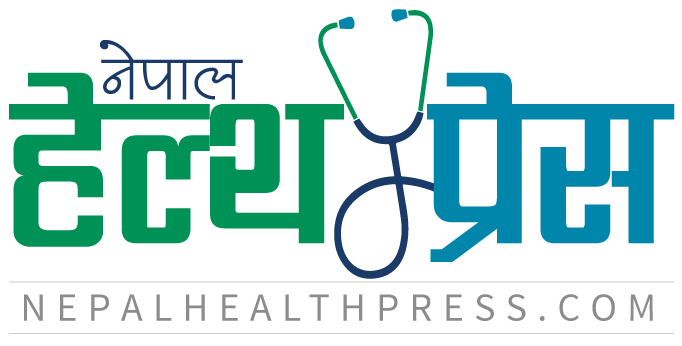

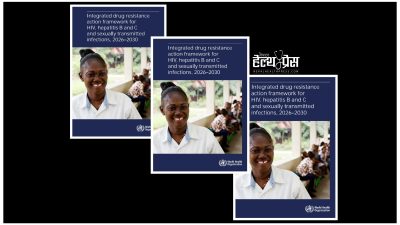
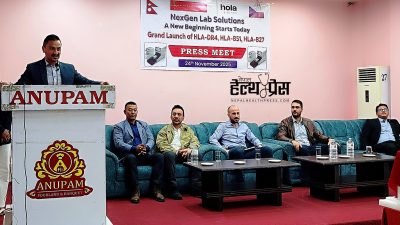
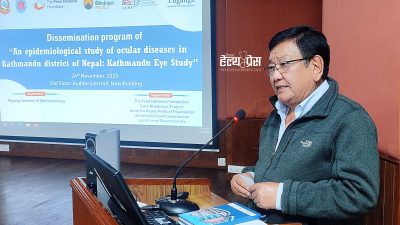
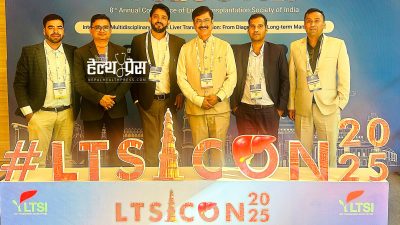
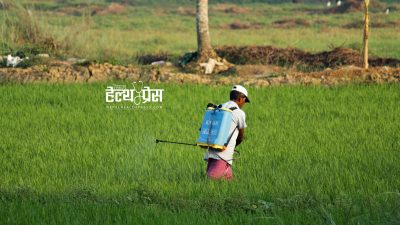
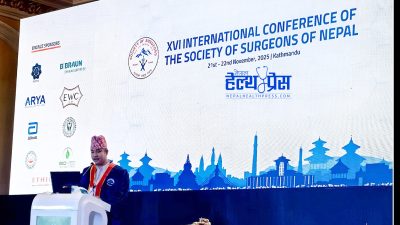

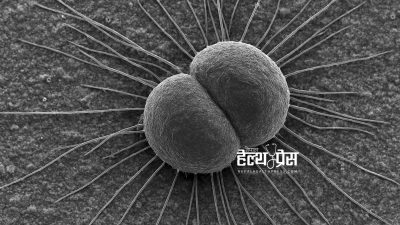
प्रतिक्रिया दिनुहोस